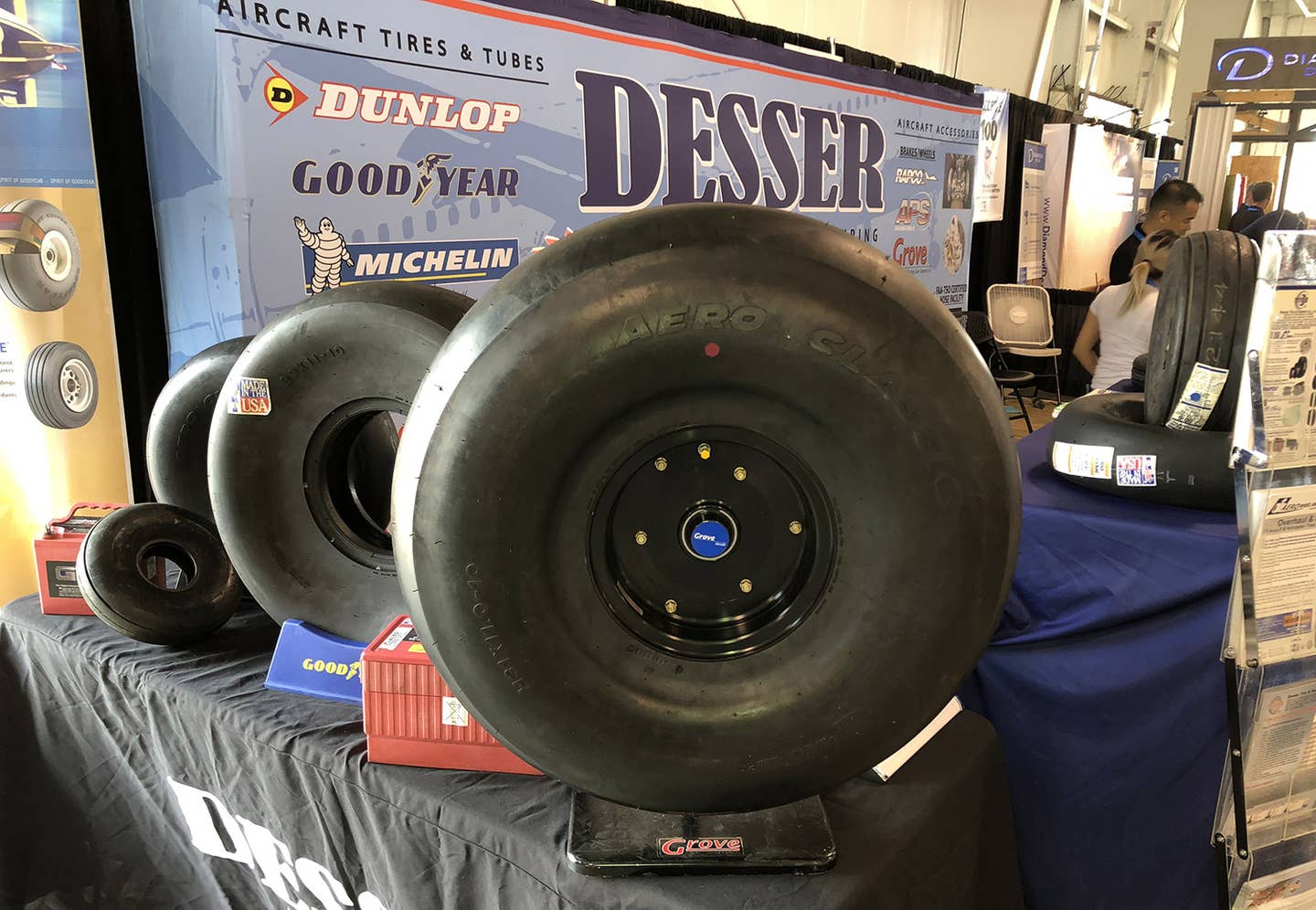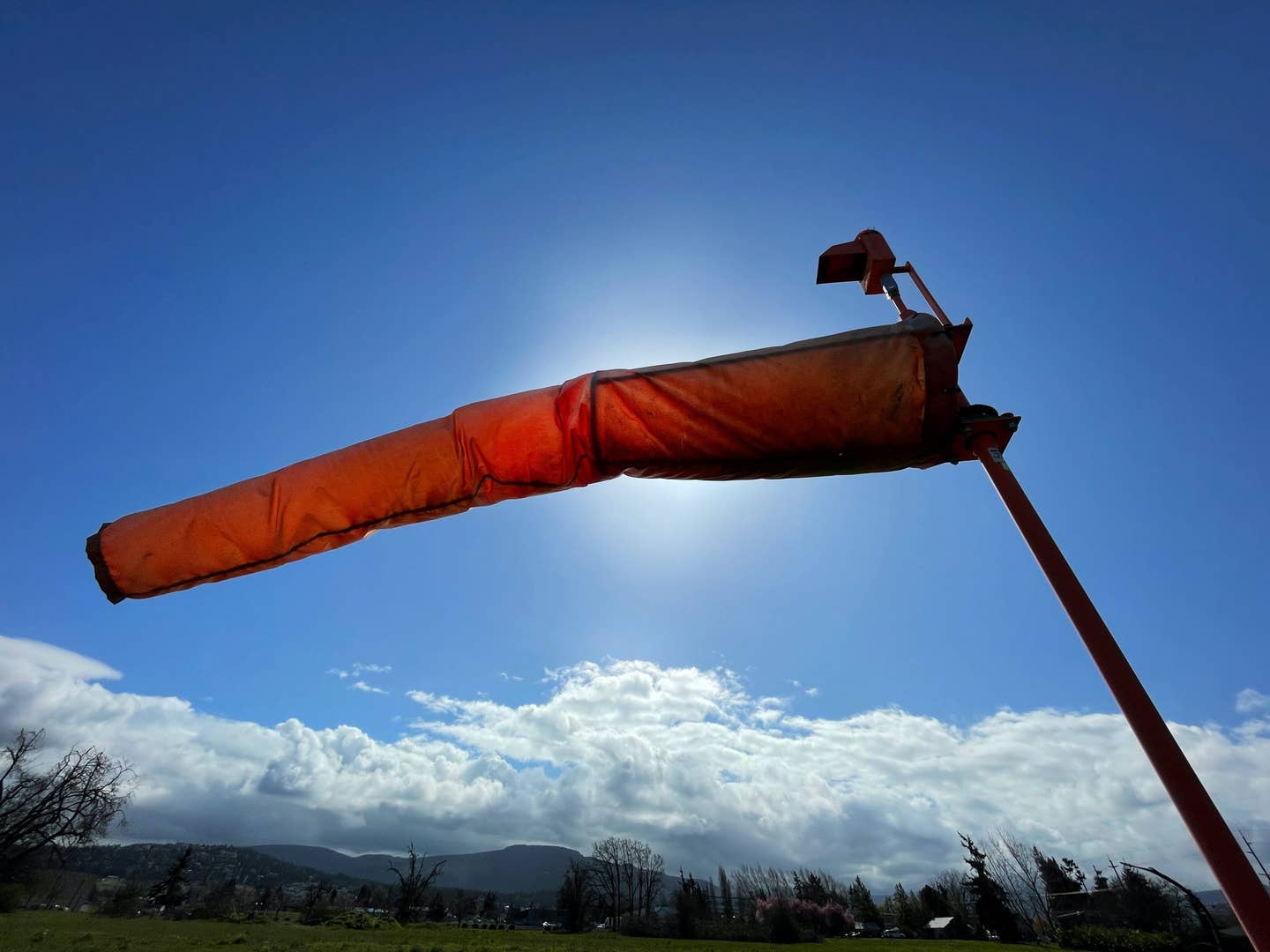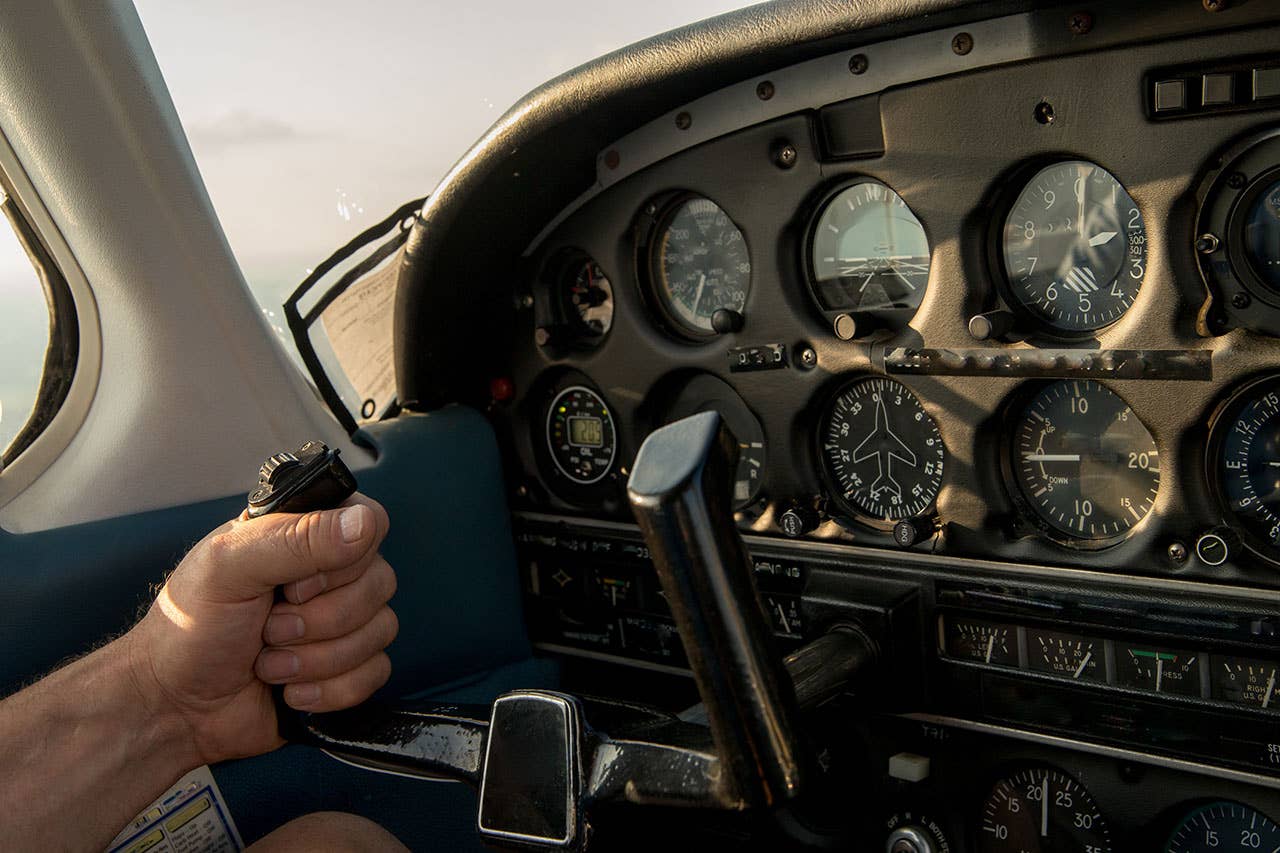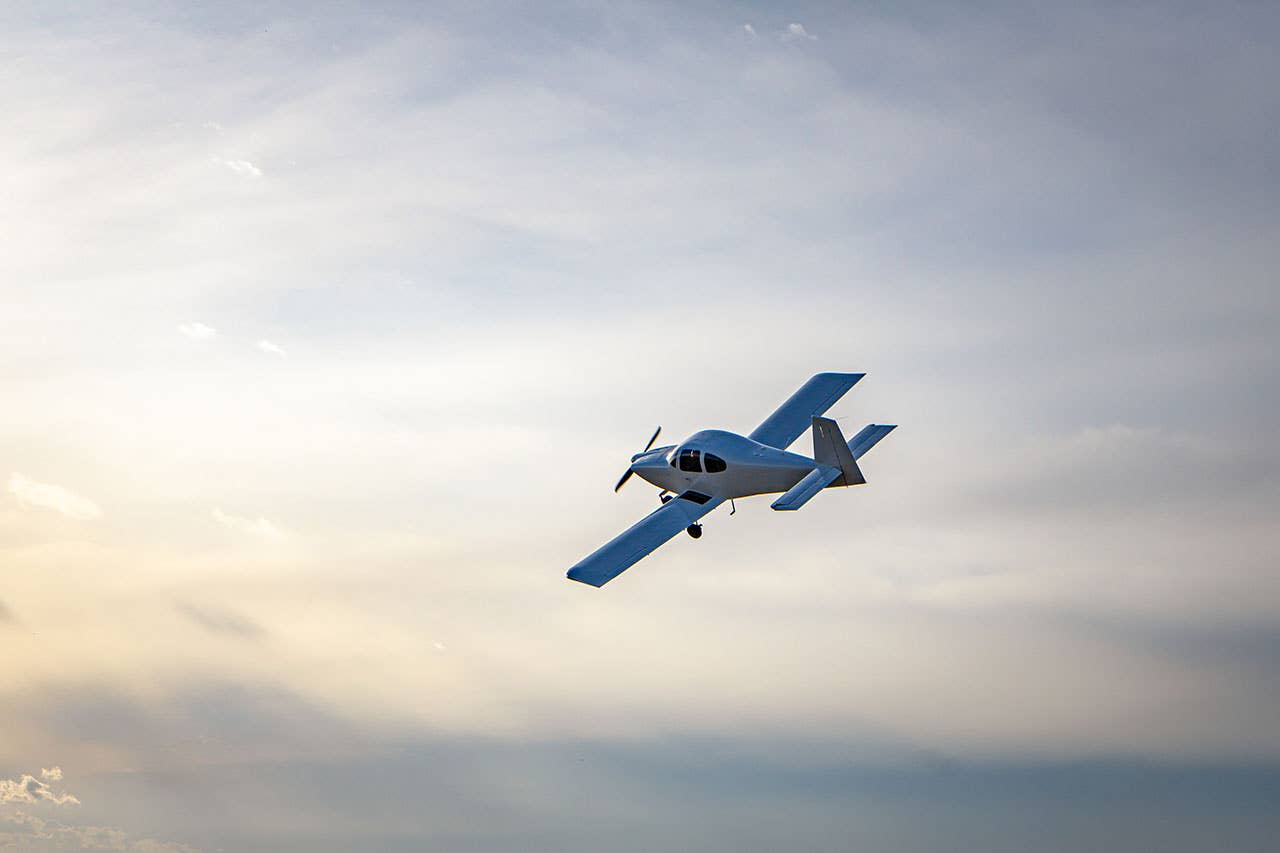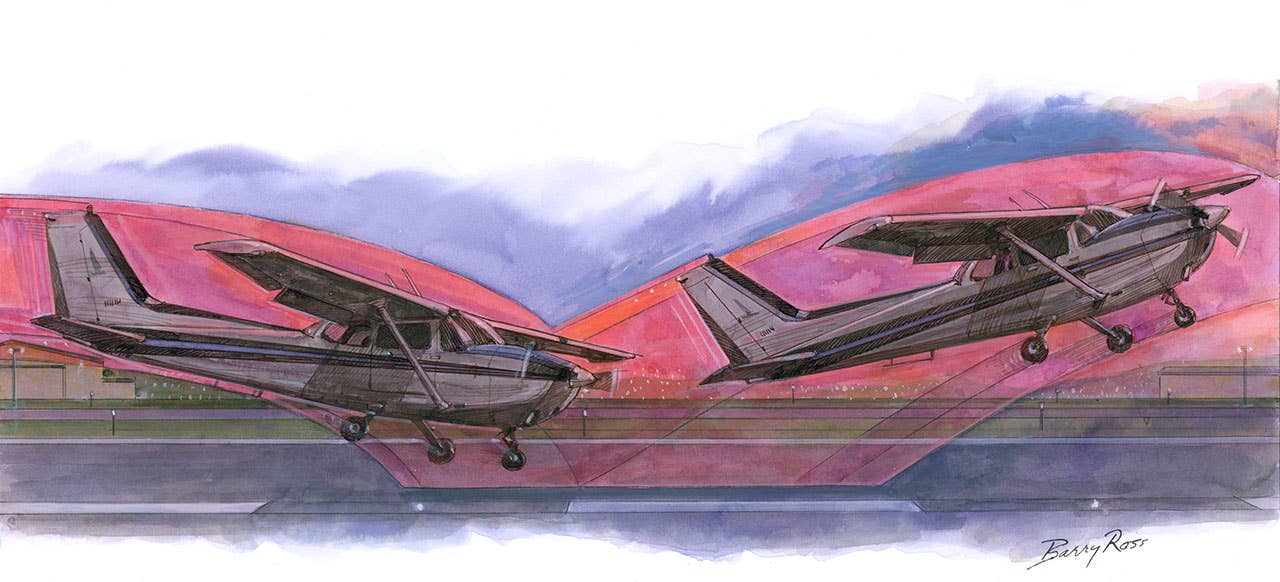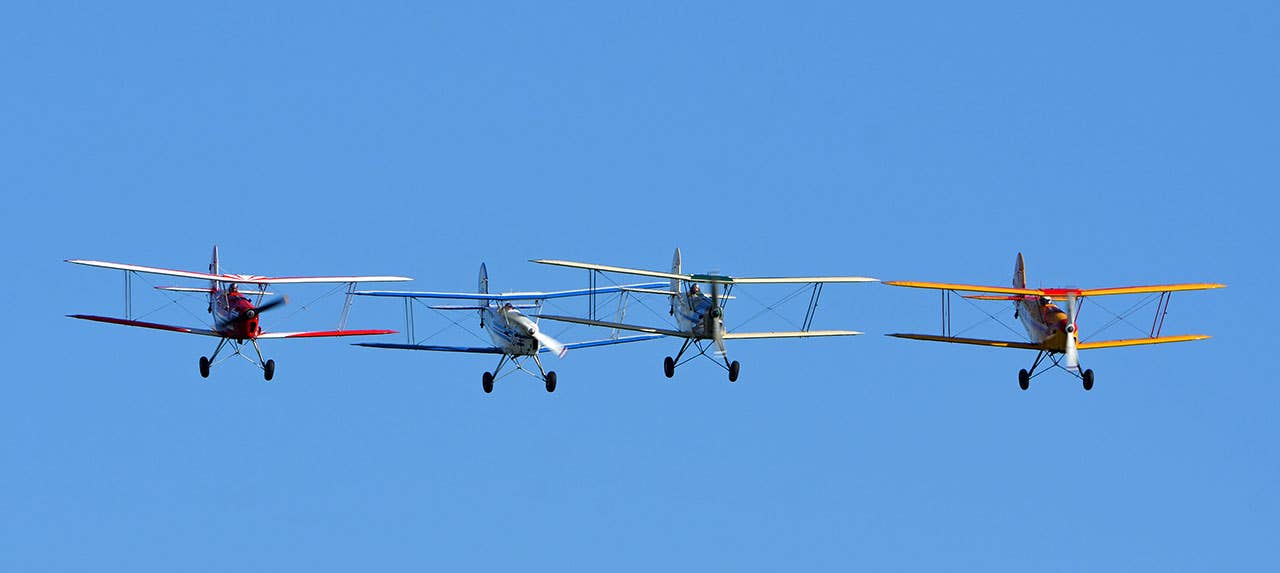Airline Transport Professionals
ATP’s nationwide centers offer top-notch ab initio training
 Newly constructed in 2011, ATP's Phoenix-Mesa training center is the largest in their nationwide network of 36 locations. |
Since its start nearly 30 years ago, Airline Transport Professionals (ATP) has grown into the largest provider of pilots to regional airlines. Today, 36 flight centers nationwide offer immersion flight training in a scheduled airline-style crew environment. So far this year, ATP has helped place more than 200 graduates with regional airlines, and 300 within the last 12 months. The school's successful track record with airlines has earned it the well-deserved reputation of being one of the top accelerated flight training academies.
The core of ATP's training fleet consists of 105 multi-engine Piper Seminoles, most of which are model year 2000 or newer. Recently, ATP and Piper Aircraft announced a three-year purchase deal for up to 100 new Piper Archer TXs. All new aircraft are equipped with Garmin G500 avionics. Additional training aircraft used by ATP include Diamond DA40s, Cessna 172s and a Cessna Citation. A host of simulators range from Precision Flight Controls CRXs to CRJ-200 Regional Jet flight training devices.
What really sets ATP apart from other flight schools is its airline-style setting for training. All logistics are scheduled, monitored and dispatched through an automated system that instructors can use on their mobile devices. Large monitors at flight centers display the day's schedule for each aircraft, student and instructor. Throughout their training, students will often fly across ATP's nationwide network of flight training centers for real-world cross-country experience as in the airlines.
Another benefit that makes ATP stand out is its fixed-cost training. Each program is offered at a set rate, so students know exactly how much their complete training will cost. With a set schedule, they also know exactly how long it will take.
 |
No matter what a pilot's needs or goals are, ATP offers appropriate training. For those who want to follow a professional pilot career path, the school recommends their 150-day fast-track program. Students enrolled in this program will earn their private single-engine, instrument rating, private multi-engine, commercial multi and single-engine, plus CFI ratings. At the conclusion of the course, they'll have logged 275 hours, which includes 100 hours of multi-engine flight time. With airline interviews having been conducted as early as the commercial phase of training, successful Fast Track graduates are guaranteed an instructor position with ATP to build flight experience and meet the requirements of their conditional offer of employment received from one or more of ATP's airline alliances.
Training at ATP not only helps a student get their foot in the door with a future employer, but they'll benefit from airline pilot hiring partnerships that ATP has with regional airlines.
These letters of agreement provide ATP students with an airline-sponsored career track, from zero time to 1,500 hours. In fact, carriers are recruiting ATP pilots earlier in training, and the results have already proven highly successful. Students also gain increased visibility through PilotPool.com, an online portal that connects pilots and airliner recruiters.
 Demand for ATP's CFI graduates has been very high, not only with ATP but at other flight schools. They're among the few who have multi-engine instructor ratings and 100 hours of multi-engine experience. |
ATP excels at training students to be professional pilots, but that's not the only option. Private pilots can come to ATP for their individual training needs, such as a 10-hour multi-engine rating program (four days) or an accelerated instrument rating program (15 days). As with other ATP courses, these programs are based on a fixed total cost so that students know exactly what to expect.
A dedicated finance team at ATP assists students in obtaining start-to-finish financing. Lenders are very accommodating to ATP students due to their track record of getting jobs.
One of ATP's newer and larger locations is at the expansive Phoenix-Mesa Gateway Airport. There, a 19,000-square-foot facility is home to multiple classrooms, dedicated FAA briefing rooms and a large training fleet that includes 30 Cessna 172s and Piper Seminoles, and a CRJ-200 flight training device. At this location alone, flight training is provided to more than 130 students seeking certification at all levels---from Private Pilot to Airline Transport Pilot. "The spacious accommodations at our Mesa Gateway location include personal study cubicles. Students can come and go as they wish and will always have a reserved spot for quiet study," said location manager Justin Ratliff. "Plus, Phoenix has excellent flying weather year-round!"
At Mesa Gateway and five other ATP locations, there's a full maintenance facility right on site. These six facilities take care of routine maintenance and scheduled inspections on the school's entire aircraft fleet. This ensures that a student's training is never interrupted, as there's always a replacement part or another airplane available when needed.
The future is bright, and ATP continues to expand. Five new locations will open this fall in McKinney, Houston, St. Louis, Portland and Seattle. ATP recently exercised options for 10 additional Archers as part of its purchase deal with Piper. This brings the total number ordered by ATP so far in 2013 to 25. The 10 most recently ordered Archers will be delivered in 2014.
For more information, visit www.atpflightschool.com.
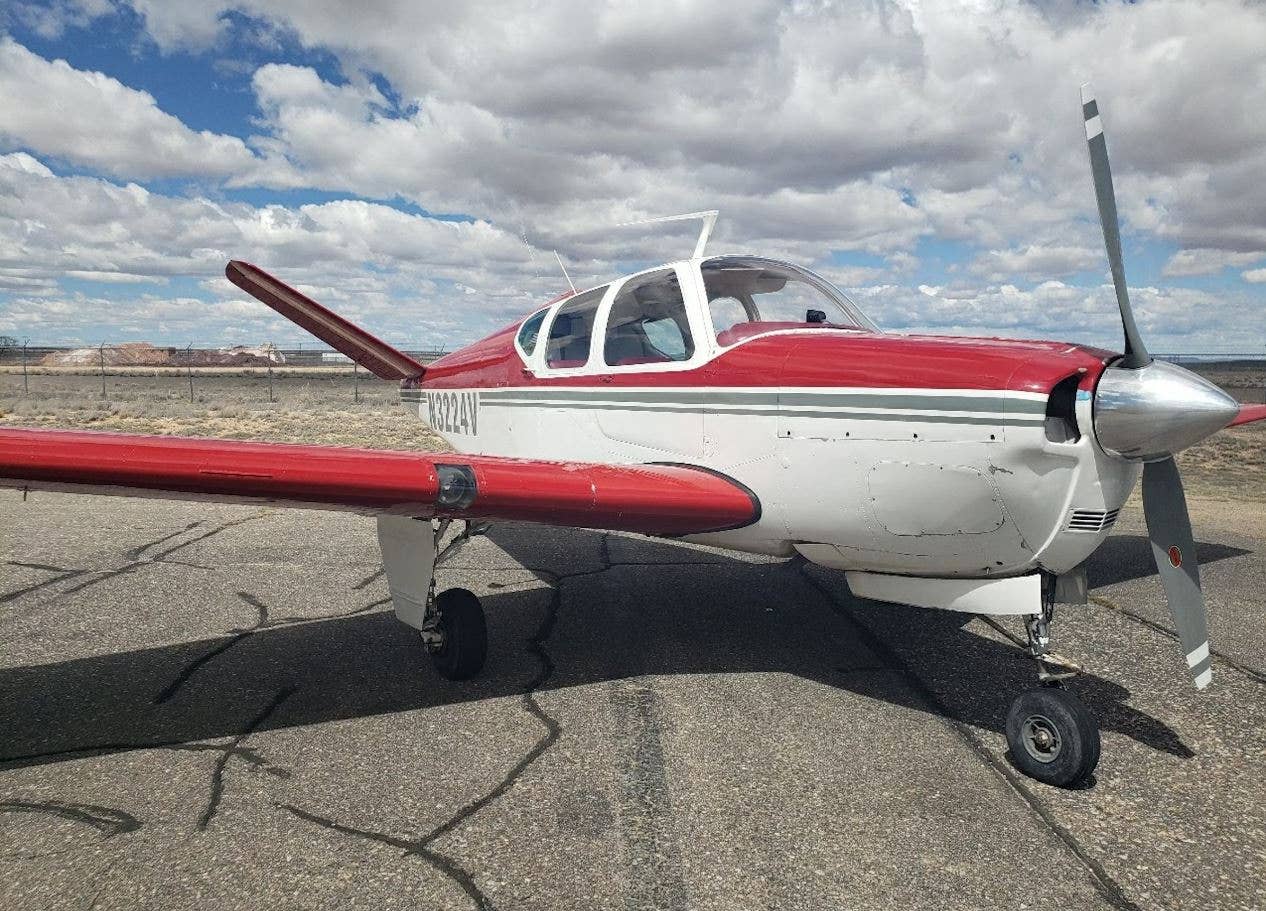
Subscribe to Our Newsletter
Get the latest Plane & Pilot Magazine stories delivered directly to your inbox

